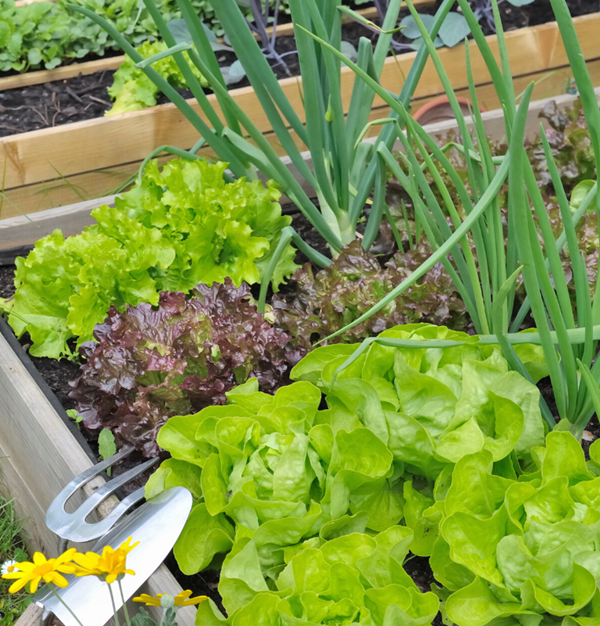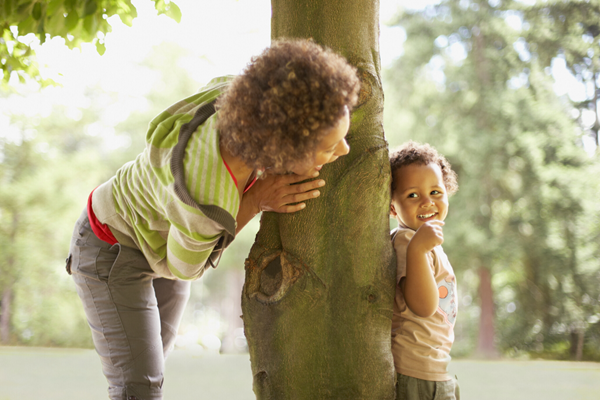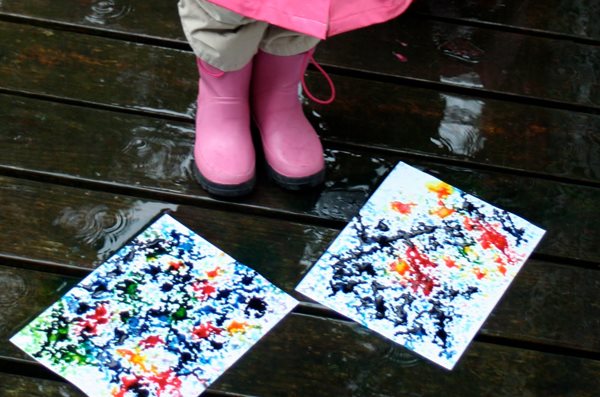Early childhood educators understand the importance of outdoor play: fresh air, vitamin D, gross motor development and connecting with nature. Health precautions during the COVID-19 pandemic have made outdoor play even more desirable, but getting outside in the winter months can be challenging.
Children benefit from being outdoors in all but the most extreme weather conditions. Consider these nine suggestions for maximising outdoor play, even on miserable days.
1. Consider waterproof onesies
A common excuse for keeping children indoors is their families don’t provide enough changes of clothes or complain when bags of wet clothes are sent home. Waterproof onesies solve this problem. They can be recommended to families or purchased by a centre in bulk.
Wet weather clothing allows children to play freely outdoors. Various stores offer innovative designs with cute names like “waterproof onesies” and “puddle suits”. These all-in-one suits have an enclosed waterproof layer that covers children’s clothing. Even babies and toddlers can crawl outside for hours without getting wet.
2. Encourage curious minds
Children learn more about their world through real-life, hands-on experiences. Winter provides new opportunities to observe and learn about nature. The playground is changing!
- What are these new birds and insects?
- Why have different flowers suddenly appeared?
- Why does it get dark so early?
Go on nature walks and look for interesting changes. Carry clipboards to draw winter things or print checklists for an outdoor scavenger hunt. Educate about the seasons by being outdoors in the weather, not staying indoors with a weather chart.
3. Explore winter vegetables
Kitchen gardens are usually associated with spring. However, yummy vegetables can still be grown in winter. Lettuce, spinach and broad beans thrive in the colder months. The Gardening Australia vegetable guide is an easy-to-use resource. Click on the region you live in and the time of year, to find suggestions for what to plant.

4. Enjoy the outside in short bursts with high-energy games
Instead of eliminating outdoor play entirely, go out for short bursts. Organise high-energy games to get children physical quickly. Winter is the time for fast-paced favourites like hide and seek and what’s the time Mr Wolf?

5. Warm up the water play
Water play teaches cause-and-effect and can help to expand children’s vocabularies (e.g. deep, shallow, splash, slosh). Trough play is still great in winter, just use warm water. Add sliced oranges and cinnamon sticks for a scented, sensory experience.
6. Embrace wet weather through art and play
If days are wet, use the rain to your advantage. Some centres collect second-hand gumboots so children can run and splash in puddles. Make your own boats from paper or leaves. Make your own rain gauge using a plastic container and waterproof marker.
Make rain art. Drip food colouring onto paper, and then place it outside in the rain. The droplets will move the colours around to create patterns. Soft pastels, felt-tip pens, bits of dried paint and crushed flowers can also be used. Let children experiment with materials and decide what works best.
 Photo credit: https://littlepageturners.blogspot.com/
Photo credit: https://littlepageturners.blogspot.com/
7. Build a tarp tent
Construction activities get children moving, problem solving and creating. In small groups, build outdoor shelters and hide from the wind and rain. The children will develop teamwork and communication skills, while learning about science. Tarp tents can be made in many different ways, using only one tarp and some rope.
8. Light a fire
Lighting a fire is a risky but educational experience. Not all educators will be comfortable teaching children about fire, while others are already including it in their programs. Some teach children how to build, light and cook on campfires. Others light a single candle and have a discussion about hot and cold, and the importance of fire safety.
9. Make your own snow
In Australia, the weather may not be cold enough for real snow play, but we can pretend! When children learn about different countries and cultures, talk about snow.
Make fake snow by mixing three cups of baking soda with half a cup of conditioner. Create your own small world play scene. Place the snow on a tray with small toys and loose parts.

Have you seen our new live webinar training calendar?
16 sessions to choose from including new sessions specifically related to the current pandemic environment, and many of our most popular training topics redesigned for webinar format.
Topics are delivered in a variety of 2- 3 hour sessions or 2 part series. Every course provides a practical, hands-on approach to professional development.
CELA has been supporting the professional needs of the early and middle childhood sector for over 40 years. We trained over 4,500 sector professionals in 2019.
About CELA
Community Early Learning Australia is a not for profit organisation with a focus on amplifying the value of early learning for every child across Australia - representing our members and uniting our sector as a force for quality education and care.